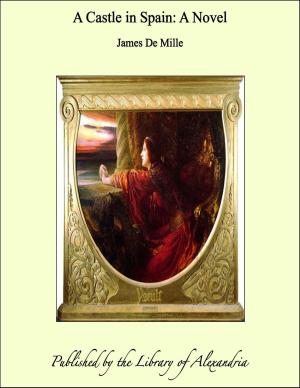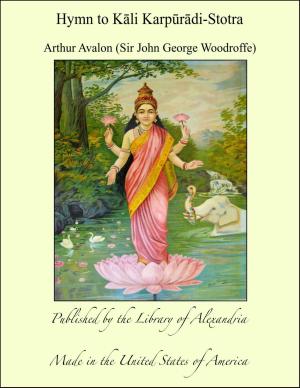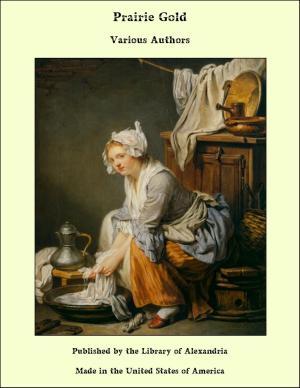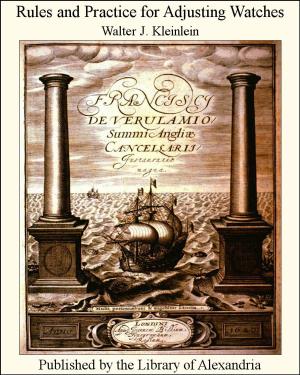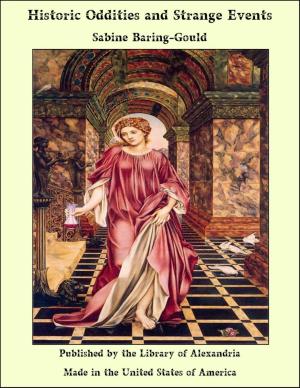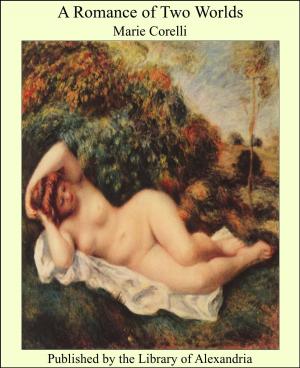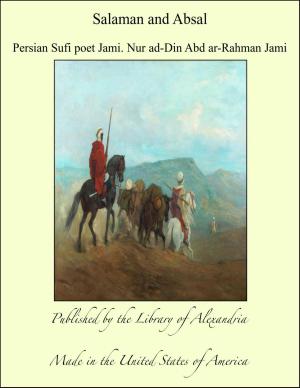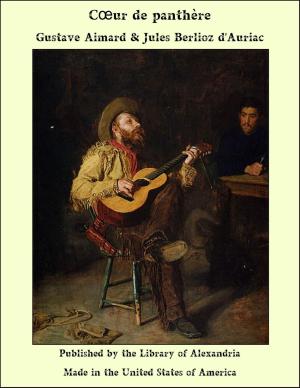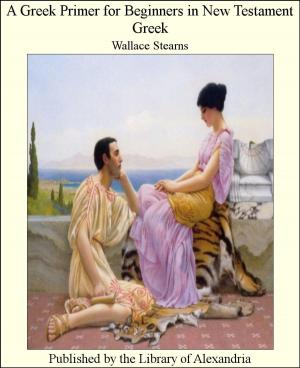| Author: | Sir Pelham Grenville Wodehouse | ISBN: | 9781465540195 |
| Publisher: | Library of Alexandria | Publication: | March 8, 2015 |
| Imprint: | Language: | English |
| Author: | Sir Pelham Grenville Wodehouse |
| ISBN: | 9781465540195 |
| Publisher: | Library of Alexandria |
| Publication: | March 8, 2015 |
| Imprint: | |
| Language: | English |
THESE Oracles are considered to embody many of the principal features of Chaldæan philosophy. They have come down to us through Greek translations and were held in the greatest esteem throughout antiquity, a sentiment which was shared alike by the early Christian Fathers and the later Platonists. The doctrines contained therein are attributed to Zoroaster through to which particular Zoroaster is not known; historians give notices of as many as six different individuals all bearing that name, which was probably the title of the Prince of the Magi, and a generic term. The word Zoroaster is by various authorities differently derived: Kircher furnishes one of the most interesting derivations when he seeks to show that it comes from TzURA = a figure, and TzIUR = to fashion, ASH = fire, and STR = hidden; from these he gets the words Zairaster = fashioning images of hidden fire;—or Tzuraster = the image of secret things. Others derive it from Chaldee and Greek words meaning "a contemplator of the Stars." It is not, of course, pretended that this collection as it stands is Other than disjointed and fragmentary, and it is more than probable that the true sense of many passages has been obscured, and even in some cases hopelessly obliterated, by inadequate translation. Where it has been possible to do so, an attempt has been made to, elucidate doubtful or ambiguous expressions, either by modifying the existing translation from the Greek, where deemed permissible, or by appending annotations. It has been suggested by some that these Oracles are of Greek invention, but it has already been pointed out by Stanley that Picus de Mirandula assured Ficinus that he had the Chaldee Original in his possession, "in which those things which are faulty and defective in the Greek are read perfect and entire," and Ficinus indeed states that he found this MS. upon the death of Mirandula. In addition to this, it should be noted that here and there in the original Greek version, words occur which are not of Greek extraction at all, but are Hellenised Chaldee. Berosus is said to be the first who introduced the writings of the Chaldæans concerning Astronomy and Philosophy among the Greeks,* and it is certain that the traditions of Chaldea very largely influenced Greek thought. Taylor considers that some of these mystical utterances are the sources whence the sublime conceptions of Plate were formed, and large commentaries were written upon them by Porphyry, Iamblichus, Proclus, Pletho and Psellus. That men of such great learning and sagacity should have thought so highly of these Oracles, is a fact which in itself should commend then to our attention
THESE Oracles are considered to embody many of the principal features of Chaldæan philosophy. They have come down to us through Greek translations and were held in the greatest esteem throughout antiquity, a sentiment which was shared alike by the early Christian Fathers and the later Platonists. The doctrines contained therein are attributed to Zoroaster through to which particular Zoroaster is not known; historians give notices of as many as six different individuals all bearing that name, which was probably the title of the Prince of the Magi, and a generic term. The word Zoroaster is by various authorities differently derived: Kircher furnishes one of the most interesting derivations when he seeks to show that it comes from TzURA = a figure, and TzIUR = to fashion, ASH = fire, and STR = hidden; from these he gets the words Zairaster = fashioning images of hidden fire;—or Tzuraster = the image of secret things. Others derive it from Chaldee and Greek words meaning "a contemplator of the Stars." It is not, of course, pretended that this collection as it stands is Other than disjointed and fragmentary, and it is more than probable that the true sense of many passages has been obscured, and even in some cases hopelessly obliterated, by inadequate translation. Where it has been possible to do so, an attempt has been made to, elucidate doubtful or ambiguous expressions, either by modifying the existing translation from the Greek, where deemed permissible, or by appending annotations. It has been suggested by some that these Oracles are of Greek invention, but it has already been pointed out by Stanley that Picus de Mirandula assured Ficinus that he had the Chaldee Original in his possession, "in which those things which are faulty and defective in the Greek are read perfect and entire," and Ficinus indeed states that he found this MS. upon the death of Mirandula. In addition to this, it should be noted that here and there in the original Greek version, words occur which are not of Greek extraction at all, but are Hellenised Chaldee. Berosus is said to be the first who introduced the writings of the Chaldæans concerning Astronomy and Philosophy among the Greeks,* and it is certain that the traditions of Chaldea very largely influenced Greek thought. Taylor considers that some of these mystical utterances are the sources whence the sublime conceptions of Plate were formed, and large commentaries were written upon them by Porphyry, Iamblichus, Proclus, Pletho and Psellus. That men of such great learning and sagacity should have thought so highly of these Oracles, is a fact which in itself should commend then to our attention

